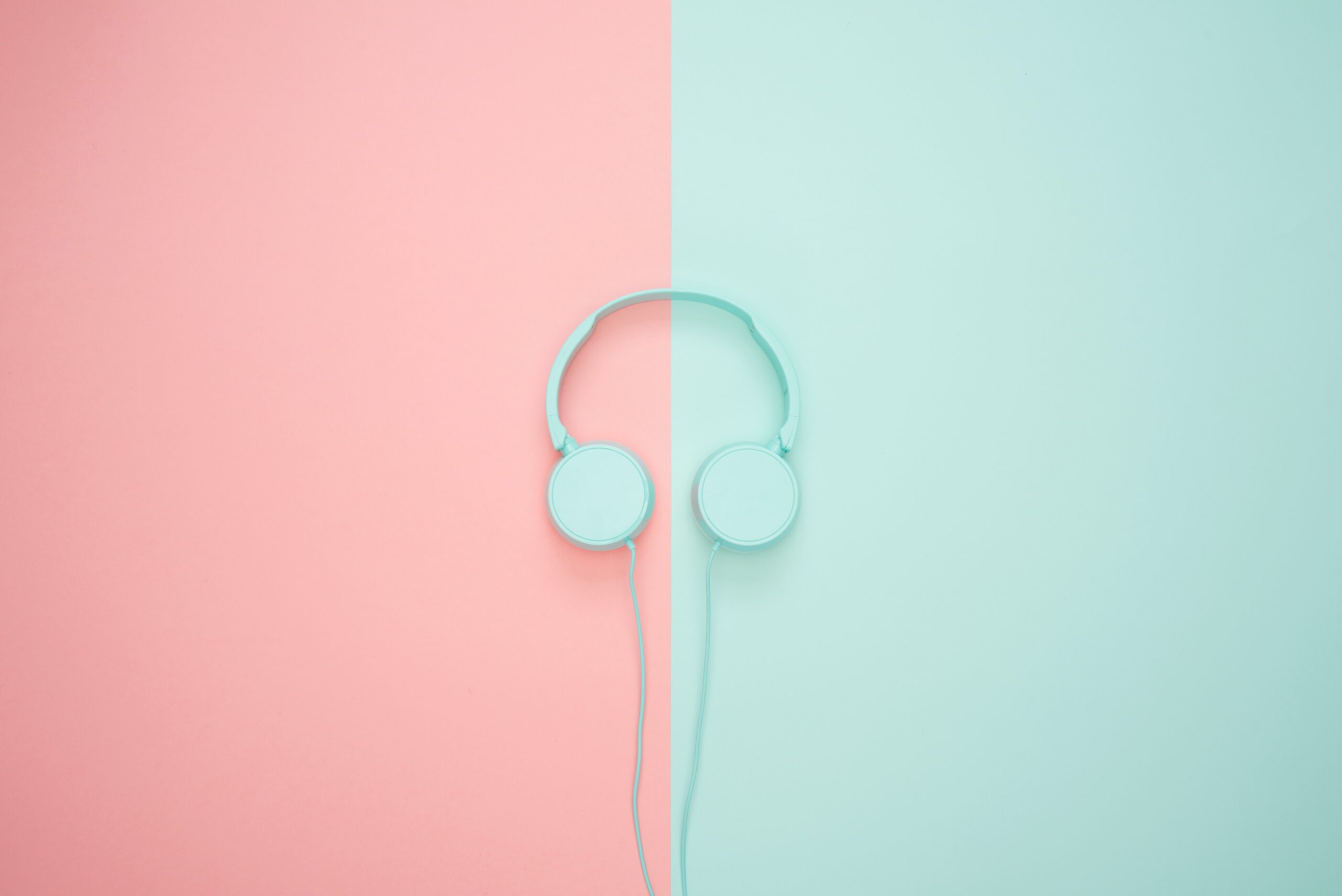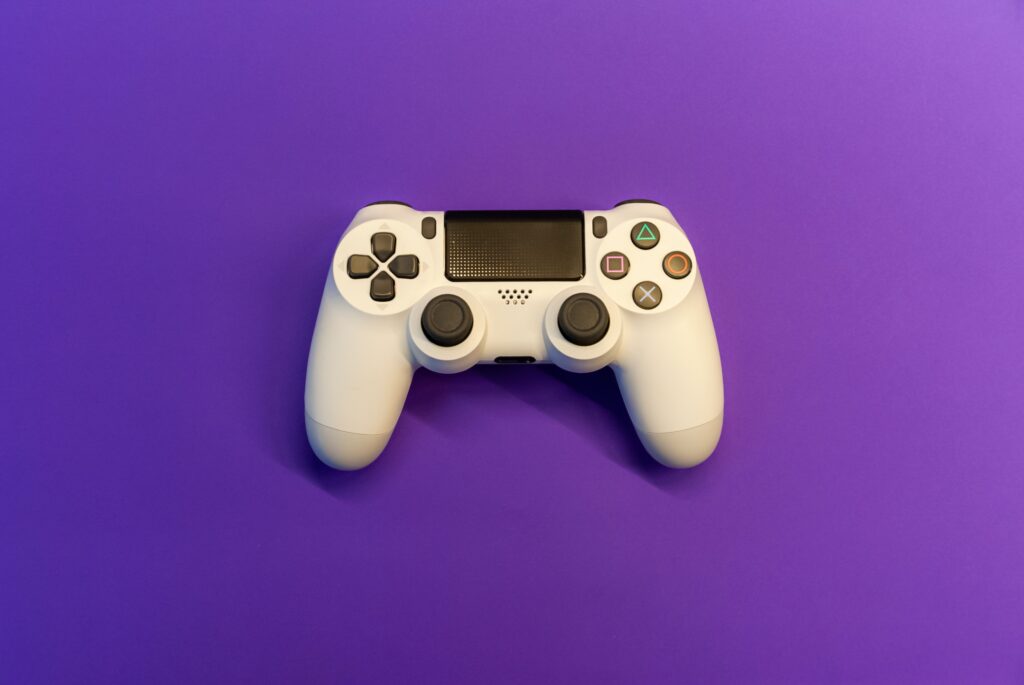
In recent decades, more people are researching the benefits of music, especially how it interacts with different health conditions. Throughout the years, there has been research showing that just listening to music can reduce stress, anxiety, blood pressure, medication use after operations and perceptions of pain. When it came time to write my own psychology dissertation, I knew I wanted to look at music, so I chose to explore how people with chronic pain conditions use music for their pain.
Chronic pain can be defined as pain which lasts for more than three months but often those dealing with chronic pain have long-lasting conditions and cannot see a full recovery. The most common treatment for chronic pains conditions is medication, usually antidepressants. It is important however, to consider the mind and body when encouraging different treatments, and music can be a bridge between the two.
The study found that many people with chronic pain conditions used music listening, playing an instrument and singing to help ease their pain. Music helped people in three main aspects:
Mood
Mood was the most common factor for those experiencing pain. As expected, low moods are seen to intensify pain whereas more positive moods seem to lessen pain. Many people with chronic pain would listen to music when they felt low or had severe pain, interestingly, these people knew exactly what song they would play in these situations. There is nothing wrong with sad music, it can help us to express our emotions. Sad music helped those with chronic pain express their emotions and stabilise their moods. Expressing these emotions can help with feelings of frustration.
It’s not all sad music though, sharing experiences of music was really positive for pain. Singing along to your favourite song is one popular way to lift your mood, especially if this song happens to remind you of happy times or good memories. Singing in a choir or with others really helps lift your mood through a feeling of togetherness and interaction. Music can bring people together, from every background and culture, it acts as a common bond.
Distraction
Using music as a distraction from pain is perhaps easier to explain that music’s effect on our mood. Music is such an immersive experience that it can absorb you and help you to forget about your pain. Some people were very confident that music could significantly affect their pain, others thought that music was just a temporary distraction, however, everyone reported the distraction to be beneficial. Once again the happy memories that music can trigger also acted as a welcome distraction from pain and led to a deeper emotional distraction from pain.
Distraction also greatly impacts sleep. This is of course, something that many people will already understand as lullabies have been used for centuries to help get babies to sleep. Listening to music in bed helps give people something to focus on other than their pain and this can really help people get to sleep naturally. The storytelling element in song writing also acts as a distraction, with country music and folk music providing the best storytelling distractions. Distraction is also related to mood, if music can offer people a distraction from their pain, this gives a sense of relief which then lifts their mood.
Control
Pain can control the lives of those with chronic pain conditions. Music is something which people can control completely, choosing what they listen to, how they listen to it and where they listen to it. Music choices are something completely personal and subjective. The fact that people could choose the music which helped their pain, increased their confidence in their ability to self-regulate and control their pain. Many people therefore used music as a practical tool for gaining a sense of control over their pain.
Medical and Holistic
One important aspect of this study was the importance of medical and holistic approaches. Those who used holistic or alternative approaches to pain treatment, such as yoga, acupuncture or reiki, appeared to be more connected to their pain – being able to differentiate between different pain levels and having a sense of control over their pain. Holistic treatments are also more often used by women. This does not impact music however, as its benefits were found by those receiving all forms of treatment.
If you have chronic pain and have never thought of using music to help your pain, try playing some of your favourite songs in the morning to start your day, listening to calming music before bed or making a playlist of different songs or classic pieces to see which genre helps you. This is something you can have fun and experiment with yourself, because no matter what, the music’s got to come from you!




